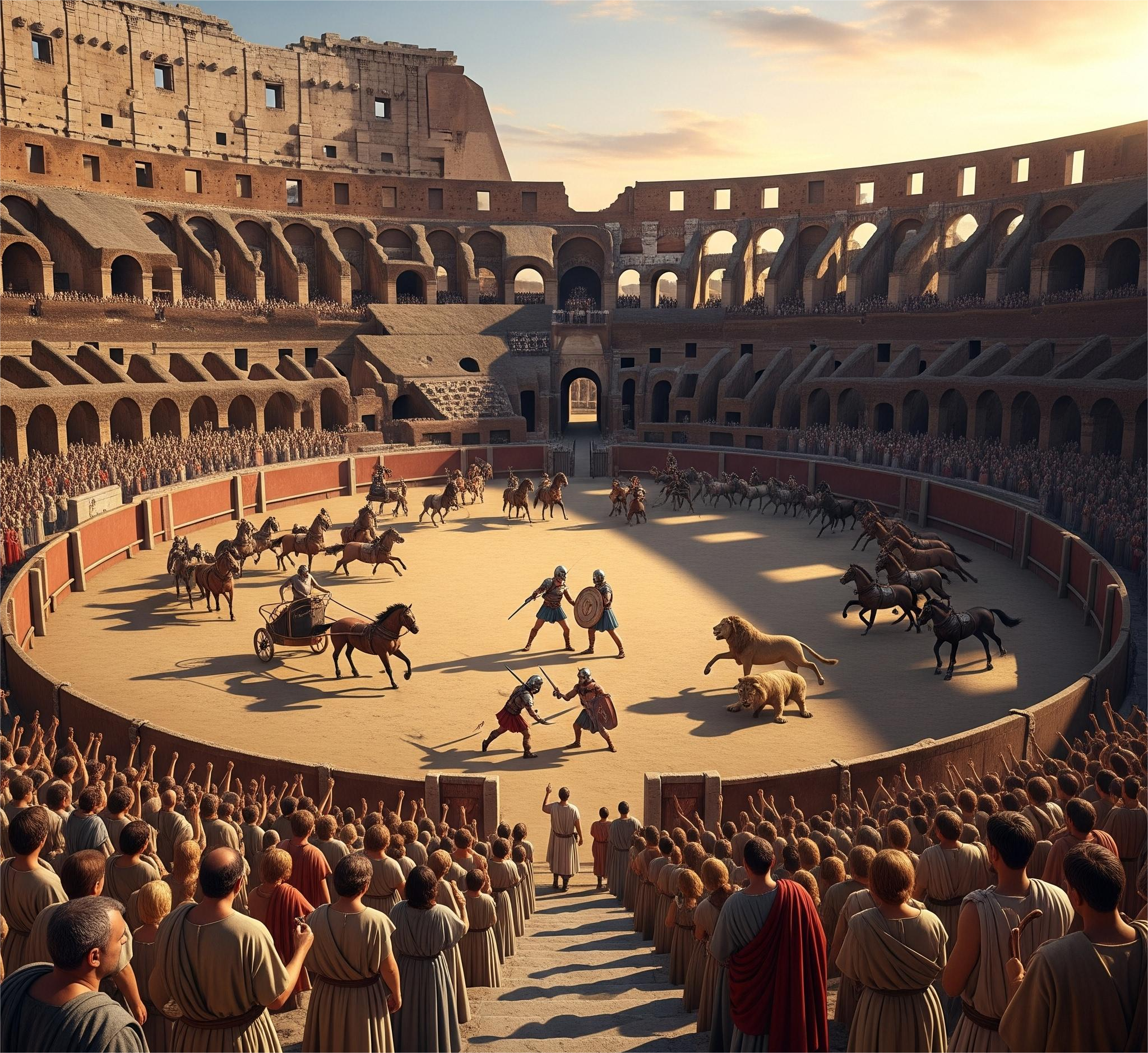Pompeii, a city frozen in time by the catastrophic eruption of Mount Vesuvius in 79 AD, continues to astonish archaeologists with its remarkable discoveries. Recently, the ancient equivalent of today's electoral posters and pamphlets, electoral inscriptions, were unearthed in a surprising location—inside a house on the Via di Nola, a central area of ancient Pompeii.
These inscriptions provide valuable insights into the political landscape of ancient Rome, revealing the prevalence of clientelism and its intricate ties to bread and public service.
The Surprising Location of Electoral Inscriptions
Traditionally, electoral inscriptions were displayed on the exterior facades of buildings, allowing citizens to read the names and qualifications of candidates vying for city magistracies. However, the recent discovery inside a house has puzzled archaeologists. According to experts, the practice of organizing events and dinners within the homes of candidates and their friends was common in ancient Rome to promote electoral campaigns. This context explains the presence of electoral propaganda within the house.
Aulus Rustius Verus: Aspiring Aedile
Among the discovered inscriptions, one stood out—the endorsement of Aulus Rustius Verus, a candidate for the position of aedile. Aediles was responsible for maintaining public buildings and regulating public festivals, typically held by young men aspiring to higher political office. Aulus Rustius Verus was not an unfamiliar name in Pompeii, having held the highest public office in the city in the 1st century AD.
Political Clientelism and Bread
One intriguing aspect of the discovery is the presence of a bakery with a large oven within the house. Near this bakery, the bodies of three victims—two women and a child—were found, victims of the attic collapse during the eruption. This combination of a bakery and electoral inscriptions sheds light on the ancient practice of political clientelism.
Maria Chiara Scappathiccio, a professor of Latin at the Federico II University of Naples and co-author of the study on these findings, explained that councilors and bakers "collaborated to the limits of legality" in ancient Rome. Aulus Rustius Verus, during his electoral campaign, seemingly recognized the importance of providing voters with bread.
This connection is reinforced by the discovery of the candidate's initials, ARV, on a volcanic stone millstone within the house, suggesting direct financing of the bakery by Aulus Rustius Verus for both economic and political purposes.
Rituals and Offerings
In addition to the electoral inscriptions, researchers found the remains of a last votive offering on the altar of the Lararium within the house. This ritual, likely performed shortly before the eruption, involved offering figs and dates that were burned in front of the altar. The rite was concluded by placing a whole egg directly on the masonry altar, which was then covered with a tile.
Previous offerings included vine fruits, fish, and mammal meat, providing a glimpse into the religious practices of the residents.
The recent discovery of electoral inscriptions inside a house in ancient Pompeii has provided fascinating insights into the world of ancient Roman politics. The presence of Aulus Rustius Verus's endorsements, the connection between political clientelism and a bakery, and the rituals at the Lararium all contribute to a richer understanding of life in Pompeii before its tragic end. These findings continue to underscore the enduring fascination of this remarkable archaeological site and its ability to shed light on the intricacies of daily life in the ancient world.







